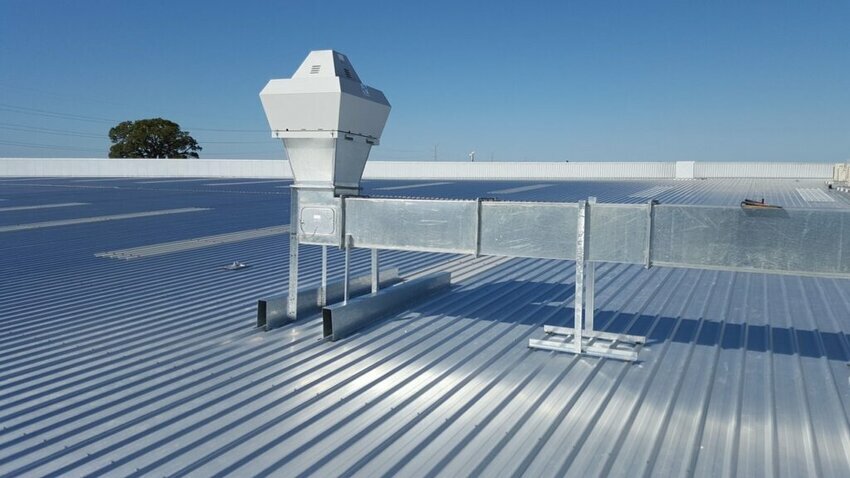 (Credit: Pixabay)
(Credit: Pixabay)The Global HVAC Market is expected to grow by $74.02B during 2023-2027, accelerating at a CAGR of 6.5% during the forecast period. Reportlinker’s new report on the HVAC market shows that the market is driven by the growing construction sector, rising preference for condensing boilers, and increasing refurbishment and replacement demand.
According to the report, the rise in the incorporation of building automation systems is a main factor driving the HVAC market growth. Also, the increasing use of renewable energy sources for residential heating and the growing adoption of smartphones for controlling HVAC devices will lead to sizable demand in the market.
In recent years, the HVAC industry has been transforming toward more sustainable technology, showing higher efficiency and environmental friendliness. Local governments are regulating system efficiency and high global warming potential (GWP) refrigerants while innovative market players are developing highly efficient advanced products, the report states. Notable technology examples include: heat pump water heaters, which can efficiently heat water at higher temperatures; heat pumps, which drive electrification in the market; and variable speed HVAC systems, which allow flexible operation of cooling and heating.
Last year, a report came out from Guidehouse Insights that showed the global HVAC market could reach an anticipated $296.7 billion in 2030 (up from $218.8 billion in 2021). But a lack of product and system-design knowledge, and a shortage of well-trained experts, could hamper growth.
Energy savings due to HVAC renovations are also increasing. Just recently, the Evergreen State College in Washington state announced that it will undergo $3.8 million in energy savings upgrades. As part of this 16-month contract to upgrade Lab II, Willdan will design, provide, and install new laboratory-grade HVAC control valves, direct digital control platform integration with advanced energy-saving strategies, and will refurbish 50-year-old HVAC systems.